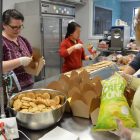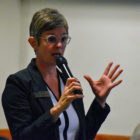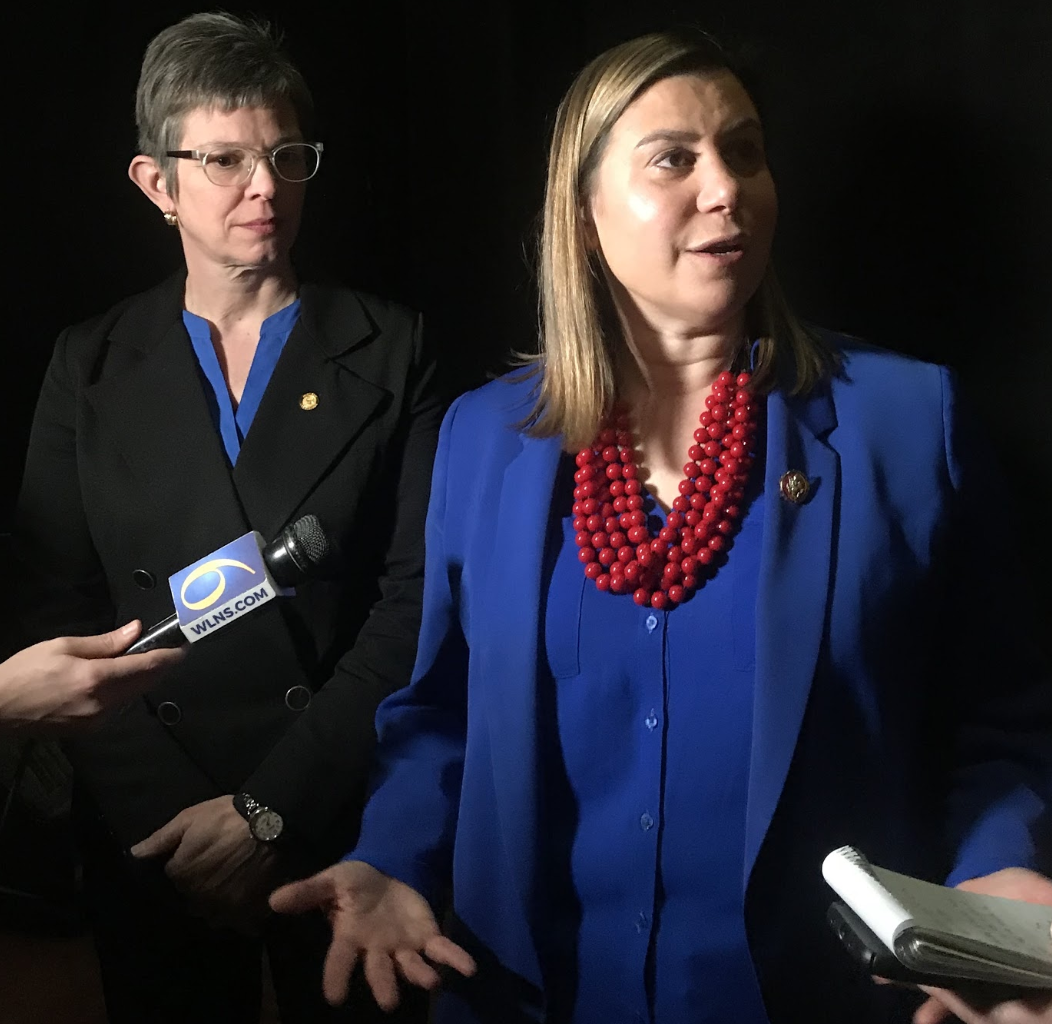News
Michigan residents package free meals for families in need
|
Following Michigan’s K-12 school closures and stay-at-home order, efforts to flatten the COVID-19 curve presented greater challenges to food-insecure families. School districts, small businesses and organizations responded to the crisis with an abundance of free food-distribution services and support. On March 20, Gov. Gretchen Whitmer joined Lansing School District staff and volunteers including MSU professor Robert Kolt to distribute donated school supplies and sack lunches at Sexton High School.
“It breaks my heart to think that because school is closed there might be a kid who doesn’t get to eat anything that day,” said Lansing Board of Education president Gabrielle Lawrence.
The Lansing School District established 22 food distribution sites for students and families to receive lunches Monday through Friday during Michigan’s K-12 school closure. “I’m so proud of our district for being able to offer these food services to families as we’re going through this unprecedented crisis,” said Lawrence.
According to Whitmer, about 750,000 children in Michigan qualified for free and reduced cost lunch this year. While school districts are not required to provide free meal programs during the state-mandated closure, hundreds of districts initiated drive-up, pickup and bus-delivery services for the remaining part of the K-12 school year.
Angela Mercer, administrative assistant at the Van Buren Public Schools, said, “Students need structure.









